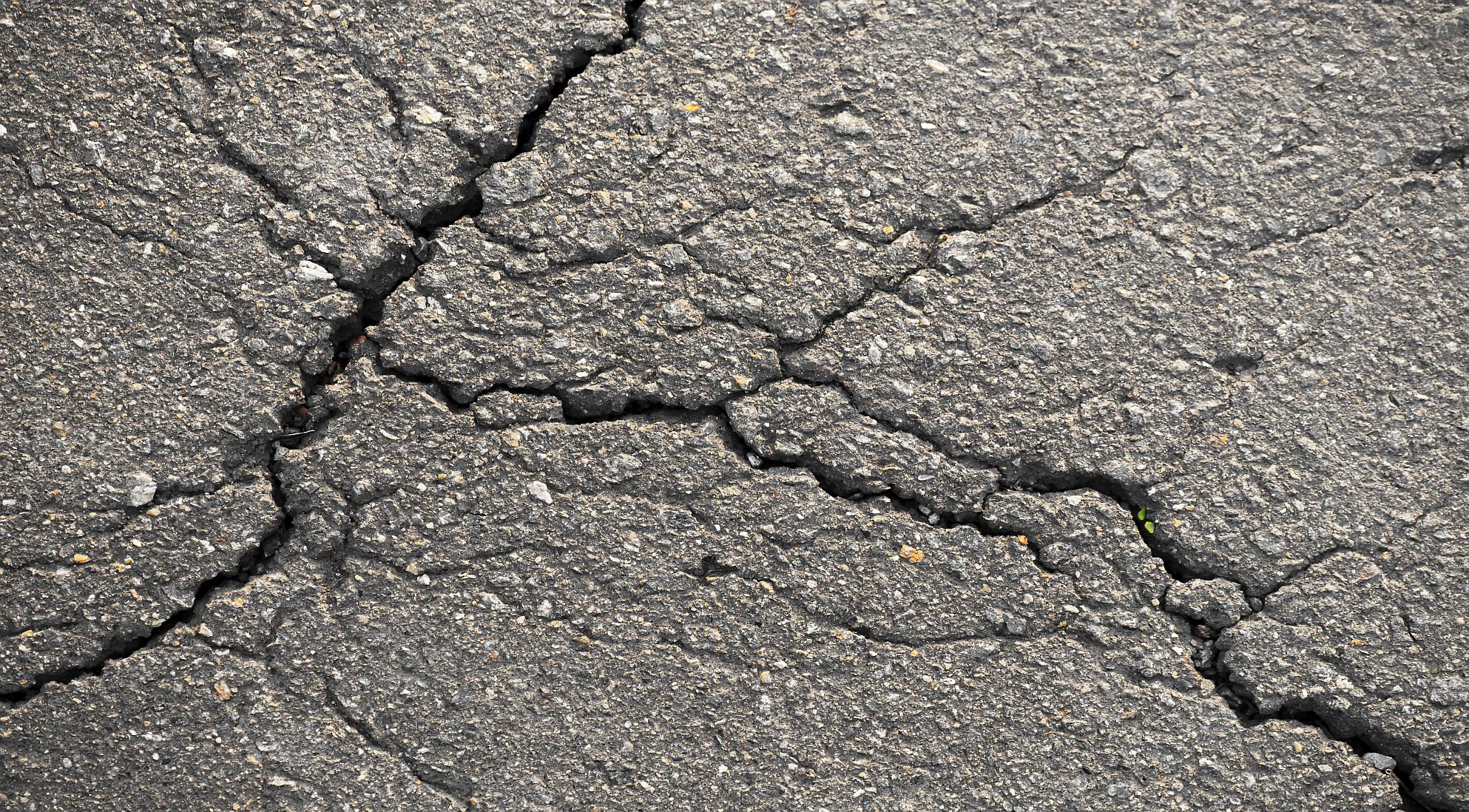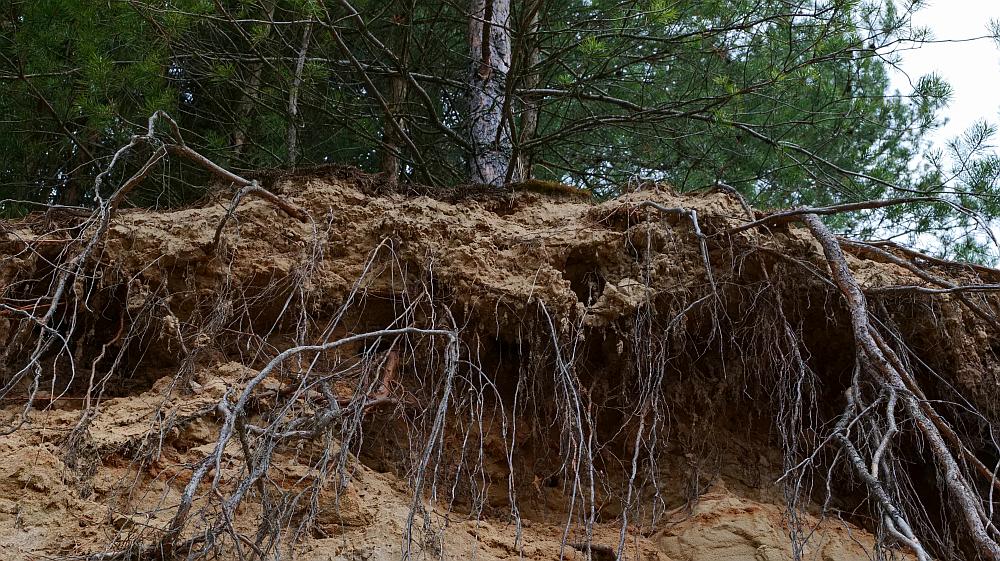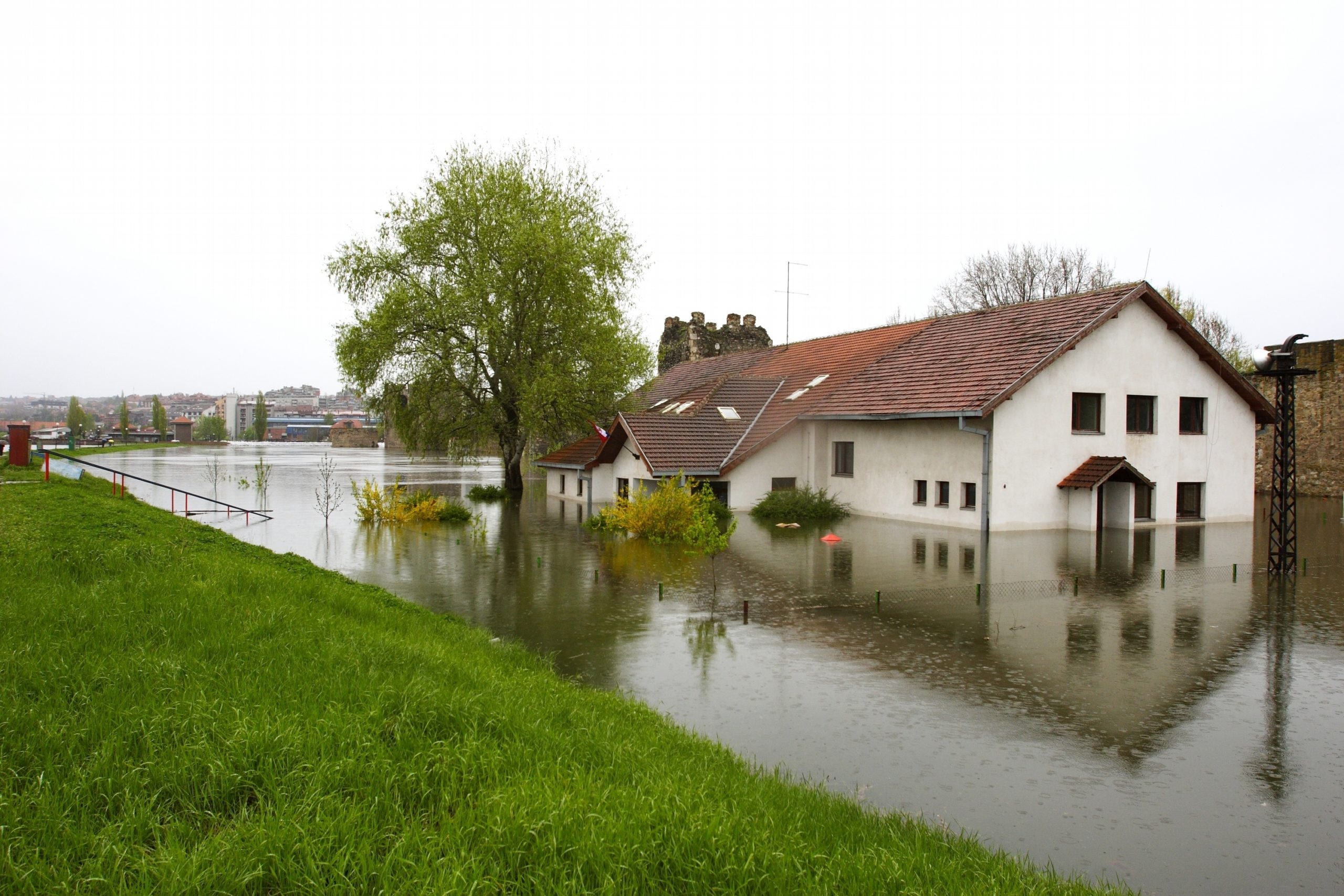Our team of Los Angeles property damage lawyers specializes in assisting homeowners with mold damage claims. When mold growth becomes uncontrollable, it can lead to a decline in property value and pose health risks to residents. Addressing mold growth promptly is crucial, as its removal becomes increasingly challenging over time. Before contacting your insurance company, it is advisable to seek the guidance of a legal professional experienced in handling toxic mold cases. Successfully settling a mold damage claim may require thorough investigations and the testimony of engineering and medical experts.
Coverage for Mold Damage in Homeowners Insurance Policies
Determining whether your homeowners insurance policy covers mold damage depends on the cause of the mold growth. Typically, mold removal is not covered if the damage occurs gradually over time or is a result of the property owner’s failure to perform necessary maintenance. Examples include mold in a bathroom due to an unresolved shower leak or roof damage resulting from neglecting to repair loose or missing shingles.
However, if the cause of mold growth is a covered peril, such as a sudden accident or natural disaster, your insurance policy is more likely to cover the cost of mold remediation. Examples of covered perils include lightning strikes, fires, heavy snow or ice dams on the roof, burst pipes or accidental water discharge, theft or vandalism, and damage caused by a vehicle.
For instance, if mold develops after extinguishing a house fire with water, the policy may cover the cost of mold removal. Similarly, mold growth resulting from a broken water heater, washer, or dishwasher may also be covered. Ice dams, which occur when melting snow freezes at the roof’s edge or gutters, can lead to mold problems inside the house and may be covered by insurance.
Exclusions and Additional Coverage
Flooding is typically excluded from standard homeowners’ policies. To obtain coverage for water damage caused by heavy rains, mudslides, hurricanes, tidal surges, or other types of flooding, policyholders must purchase separate flood insurance, especially if the property is in a designated flood hazard zone. Flood insurance should cover mold remediation costs if the property is properly inspected and maintained after the flood occurs. Prompt removal of standing water and appropriate drying measures are the homeowner’s responsibility. Failure to take these steps may result in the insurance company denying the mold damage claim.
While standard policies exclude flooding, they may still cover water damage resulting from sudden and accidental losses, such as burst plumbing fixtures. It is important not to confuse flooding, which is excluded, with this form of loss, which may be covered.
Some insurance companies have introduced absolute mold exclusions, stating that the policy does not apply to losses caused by or resulting from mold growth, regardless of the trigger. Others have significantly reduced the coverage amount for mold damage. In certain humid areas, it may be possible to purchase additional mold coverage through an optional rider, but this will increase the cost of the policy.
Filing a Mold Damage Claim
Navigating the complexities of a property damage claim requires the expertise of experienced Los Angeles property damage lawyers. Before filing a mold damage claim, carefully review your insurance policy, as policy wording can be ambiguous. An attorney well-versed in insurance law can help clarify the extent of your coverage. In cases involving sudden accidents like burst water pipes, fires, or lightning strikes, your insurance company may dispatch a mold remediation company to prevent mold growth. This can potentially eliminate the need for a separate mold claim in the future.
Keep meticulous records of all repairs and retain receipts in case a separate mold claim becomes necessary. Taking photographs of the damage is also advisable. Initial repairs may not be sufficient to prevent future mold growth, and it may be necessary to demonstrate that the mold discovered later is a result of the covered peril rather than the property owner’s failure to address a regular water leak. If you believe mold growth is due to a covered peril, refrain from cleaning the damaged area before filing another claim. Consult with an attorney and document the damage independently to ensure you have the necessary representation and evidence to support your claim.
Timely action is crucial when filing a mold damage claim. Delaying may lead to the insurance company arguing that the damage could have been prevented with earlier intervention. This is also important if the claim escalates to court, as California has a statute of limitations specifying the time period within which you can file a claim after discovering the problem.
Health Effects of Mold
Lingering mold and mildew can cause various health issues, ranging from mild symptoms like coughing, itching, and eye irritation to more severe respiratory problems and sore throat. Mycotoxins produced by mold growth can lead to infections, skin rashes, allergy symptoms, and worsened respiratory ailments, particularly for individuals with allergies, sinusitis, lung diseases, and weakened immune systems. Certain symptoms of mold exposure may resemble those of the flu, but if symptoms worsen in moldy environments, it is likely mold-triggered or exacerbated illness.
Mold can pose health risks even after it is dead and dry, especially if it is thick and abundant. Some types of mold are more toxic than others, and ingestion or inhalation of toxic mold can induce asthma and other health problems. Headaches, diarrhea, fatigue, dermatitis, histoplasmosis, and immune system failure are among the potential health effects associated with mycotoxins produced by mold and fungus.
Covered Losses for Mold Damage
The losses covered in insurance claims depend on whether mold growth affects both the property and the residents’ health. Property damage losses that may be covered include temporary housing if the home becomes uninhabitable, the cost of producing a mold inspection report by professionals, replacement of personal property damaged by mold or mildew, complete mold removal from all surfaces, and repairs or replacement of wooden structures.
Personal injury claims will require testimony from medical professionals, potentially including allergists or other physicians specializing in mold-related issues. These experts must testify with reasonable certainty that the mold caused the health problems. Compensation under personal injury claims may cover diagnostic tests, medical treatments, and potential lost wages if the health effects prevent the person from working. Pain and suffering may also be compensable.
Identifying Mold Damage
Detecting mold can be challenging, as there are numerous types, and it may grow in unseen areas such as air conditioning systems, beneath floor coverings, within wood, and behind walls. Water stains, musty odors, and water leaks are clear signs that mold may be present in your home. However, mold may also be present in areas not easily visible. Surfaces high in cellulose, such as construction paper, drywall, and fiberboard, are particularly susceptible to mold growth. Mold can start growing within 48 hours under damp, humid conditions above 70 degrees.
Preventing Mold
Effective cleaning and proper ventilation are key steps in mold prevention. Regularly clean your bathroom, utilize dehumidifiers or air conditioners to maintain humidity below 60 percent, install exhaust fans in bathrooms and kitchens, inspect cabinetry under sinks for mold growth, avoid carpet installation in damp areas like bathrooms and basements, regularly clean gutters, and inspect hoses in washers, refrigerators, and dishwashers to prevent leaks. If a flood, pipe burst, or water-related problem occurs, document the damage and remove any standing water promptly. Take furniture or rugs outside to dry and open windows or use dehumidifiers. It is crucial to dry affected areas within 24 to 48 hours to prevent mold growth.
California Laws and Mold
The California Toxic Mold Protection Act of 2001 established exposure limits for mold to mitigate public health risks. Property sellers must disclose the presence of mold exceeding permissible exposure limits. California courts have allowed tenants to withhold rent if they consider mold to render their apartments uninhabitable. Tenants have also been permitted to clean up mold themselves and deduct the cost from their rent. In San Francisco, mold is deemed a public health nuisance, enabling tenants to sue landlords for violating city nuisance laws if they fail to address mold issues.
California residents may have grounds to file lawsuits against builders, contractors, or architects if mold growth is proven to result from construction defects. Additionally, if mold appears in your home after hiring a company to clean or repair following a flood, you may have a claim for negligence against that company.
ACTS LAW, LLP: Assisting with Mold Damage Claims
If your home has been damaged by toxic mold, potentially leading to health problems for you or your family, our Los Angeles property damage lawyers at ACTS LAW, LLP are well-versed in insurance law and can help you understand the coverage limits outlined in your policy. We are committed to maximizing your financial compensation to facilitate property repair or replacement and cover any necessary medical treatments. Schedule a free consultation by calling 833-228-7529 or contacting us online today.
We serve clients throughout Orange County and Los Angeles County, including Beverly Hills, Calabasas, Malibu, Santa Monica, Long Beach, Hidden Hills, Pasadena, San Marino, Brentwood, Encino, Newport Beach, and Foresthill. Our offices are located in San Diego and Los Angeles.

Earthquakes can strike suddenly and cause significant damage. From injuries to property destruction, the aftermath of an earthquake can be overwhelming. Unfortunately, many homeowners face financial d...

Experiencing landslide damage can be a devastating event that affects both your life and your home. Amidst the process of recovering and repairing your house, you may also find yourself dealing with i...

It is critical to understand how California state law defines personal property and loss of use. Understanding the claims procedure can help you make sure you get the insurance payout you are due if y...